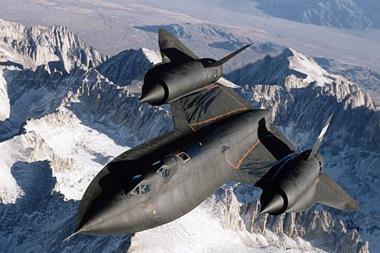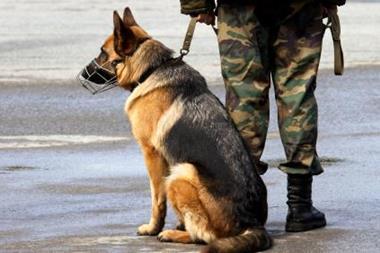Survey finds that 57% of emerging markets are at medium political risk or above
An annual study of levels of global political and security risks has rated 57% of emerging markets at medium political risk or above, indicating significant threats to foreign investment.
In many cases trends towards economic nationalism, a retreat to authoritarianism and reform fatigue are prompting concerns that politics will increasingly impinge on investment decisions, according to Control Risks ‘Risk Map 2008’. Investments in countries as wide ranging as Russia, Pakistan, Nigeria and Ecuador, could be at increased risk, it said.
“In many cases trends towards economic nationalism, a retreat to authoritarianism and reform fatigue are prompting concerns that politics will increasingly impinge on investment decisions
Control Risks
Adam Strangfeld, research director at Control Risks, commented: “Political risk is back and should be worrying investors. The vast majority of countries worldwide are classified as emerging markets where, increasingly, national political agendas will impact the operational effectiveness of foreign investors. Given their importance in relation to natural resources and manufacturing, the fact that 60% of emerging markets are rated, in whole or in part, at medium, high or extreme security risk should also be of concern to investors.”
He added: “Additionally, within the global risk environment there is also a growing gap between transnational risks – including terrorism, armed conflict, the impacts of climate change and pandemics – and the measures in place to counter them. These risks have the potential to cause large number of human casualties and severe shock to economies, but attempts at mitigation are faltering.”
REGIONAL SUMMARIES:
Africa
Africa will remain as complex as it is diverse. Nigeria, Somalia, Democratic Republic of Congo (DRC), Zimbabwe and Niger will remain prone to conflict and instability, while reformers such as Ghana and Botswana will continue their progress. All eyes will focus on South Africa as the African National Congress (ANC) moves to adopt its new leader and presidential candidate in 2008. At the same time, 2008 will re-affirm that, while far from a negligible concern, perceptions of political risk on the continent are frequently exaggerated.
Americas
The continent is gradually seeing a divergence between those countries that are stable and developing and those that are politically and socially volatile and stagnating economically. Many of the former such as Chile, Brazil, Mexico, Costa Rica and Uruguay have accepted the importance of free markets and respect for private property and institutions. While they can reap the benefits, the secondary group epitomised by Venezuela, Ecuador, and Bolivia will continue on a course of economic, political and social instability.
Asia
The region is gearing up for another election cycle of great significance, including critical ballots in Thailand and Pakistan, with investor concerns over political and security risks on the rise. India faces possible early elections, while China's leaders contemplate a nervous year in the Olympic spotlight, but both will continue to attempt to keep reform on track amid huge challenges.
Europe and the FSU
All eyes will be on the 2008 presidential elections in Russia, with investor concerns over political risks on the rise. However, there will be little uncertainty over the election result and broad policy continuity will prevail. A worsening economic situation in central-east Europe may exacerbate populism and protectionism across the region. In Spain, the 2008 ballot will be played out in Basque separatist group ETAs shadow and looks set to be among the most acrimonious in modern European history.
Middle East
The perception of the region as a source of instability and conflict will not change in 2008, but much of the Middle East is a patchwork of resilient regimes that act as guarantors for political stability. Lingering ethnic and sectarian conflicts in Iraq will continue to have the greatest potential to export instability, while the lingering threat of a US or Israeli attack on Iran will retain the potential to undermine the fragile balance of power.
Control Risks ‘Risk Map 2008’
Topics
- Asset Risks
- Breaking News
- Business Continuity
- Business Continuity
- Catastrophes
- ERM
- General
- General
- General
- General
- General
- General
- Management
- Man-made
- Mapping
- Mapping
- Material Damage
- Mitigation
- Modelling
- Modelling
- Physical Secuirty
- Political Instability
- Political Risk
- Regions
- Reputation
- Reputation
- Risk Assessment
- Risk Assessment
- Risk Identification
- Risk Identification
- Risk Modelling
- Risk News
- ROW
- Supply Chain Risks
- Ticker Stories
- Weekly Email Alert


















No comments yet